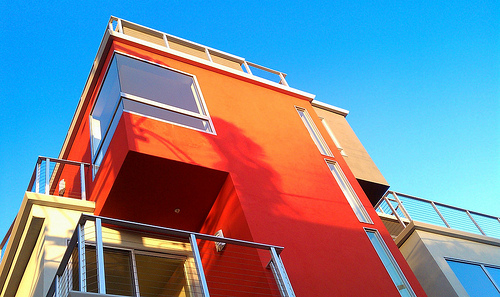Rather than try to sell their homes, a growing number of property owners are embracing the idea of becoming a landlord instead, in order to avoid selling at a loss. But while this is all well and good for homeowners, condo owners are finding the going a lot tougher than they first envisioned.

Catch 22 for condo owners. Image courtesy Keoni Cabral
The problem with condominiums is that many of these buildings have rules in place ' rental caps ' designed to prevent too many of the units being rented out at once. Rental caps are nothing new of course, but for more recent developments these rules are much stricter than they used to be. In some buildings, just 20% of units can be rented out at any one time, reports the Wall Street Journal.
Consequently, numerous condo owners are unable to rent their properties out. Those stuck in this situation argue that they are left with a difficult predicament ' wait and fall into foreclosure, or sell at a significant loss.
Many real estate professionals are inclined to agree. In addition, realtors believe that rental caps can hurt sales as well. Prospective buyers are likely to see the caps as a big negative, as it will hurt the price when the time comes for them to sell up.
So why do condo associations insist on rental caps? The answer is that they believe such strict rules actually help condo owners, not hurt them. The thinking goes that renters are unlikely to look after the condos as well as owners do, with the danger being that poorly kept condo units harm everyone else in the building.
In addition, they say the rental caps help to ensure that prospective owners can secure financing. According to FHA rules, a condo building must have a 50% minimum owner occupancy rate, otherwise finance will not be forthcoming. Many private mortgage providers also have similar rules in place.
The situation appears to be a classic catch 22 ' condo owners can keep the rental caps in place and watch more owners fall into foreclosure, or they can remove the caps and risk new buyers being unable to secure financing. For now, the status quo is likely to remain in place, much to the chagrin of current condo owners.
0 komentar:
Posting Komentar